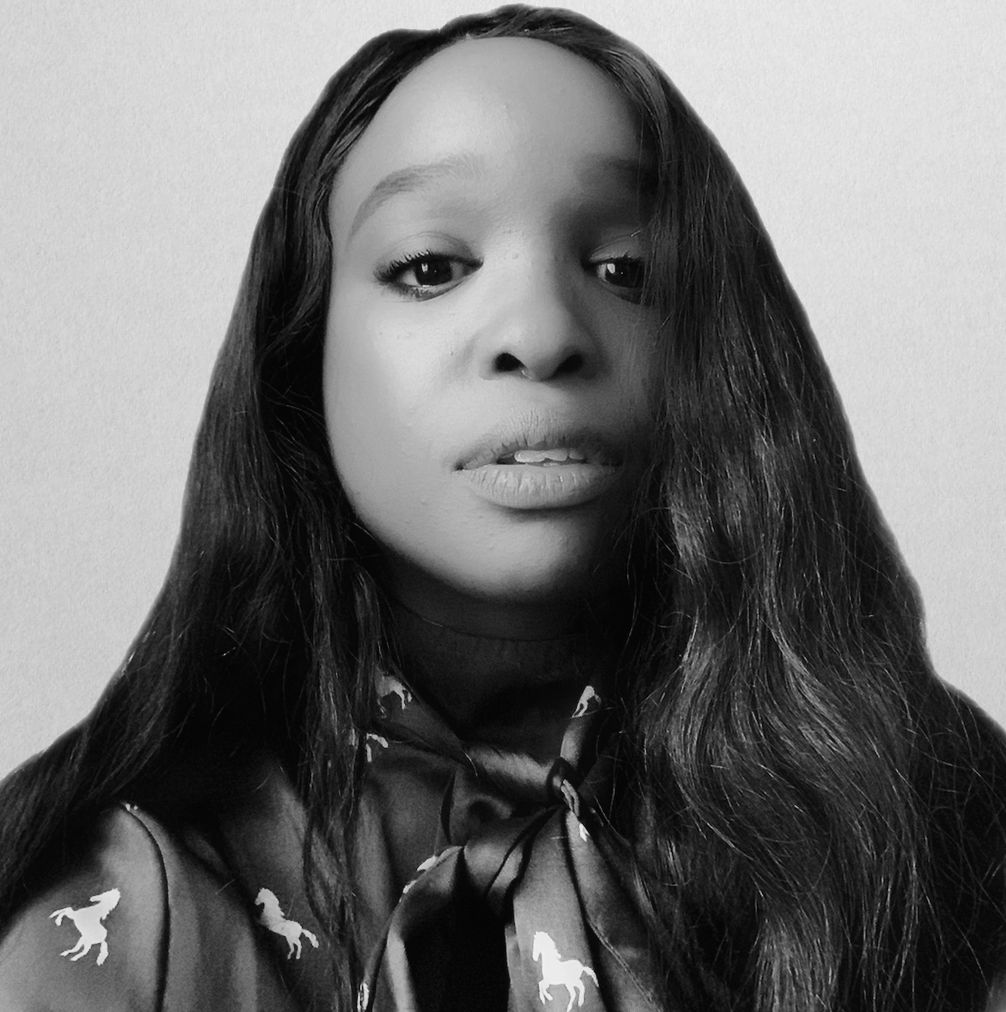Can you guess what is your biggest resource as a founder?
It’s data.
If content is king, then data is queen.

By being solid in your data and reviewing your analytics regularly, it’ll:
- Tell you everything you need to know about your current customers or users
- Help you set realistic goals
- Help you figure out what products or content is driving your business
- Show you where and how people are finding you
- Will help drive your biz growth (and so much more)
If you’re not reviewing your data, you’re literally just playing the guessing game with your business (and idk about you, but ain’t nobody got for that).
In a time where more businesses are launching everyday and new comps are coming through hard, it’s critical that you're analyzing your data and analytics to help guide you in your business.
Liane Membis, a media-tech entrepreneur based in New York, analyzes her startup’s data and analytics on a daily basis to help drive her business goals.
Liane, a NY resident originally from Atlanta, launched BAUCE Magazine shortly after moving to New York. BAUCE Magazine is a lifestyle site for self-made multicultural women that helps them build their empires, achieve financial freedom, and much more.

Since launching BAUCE, Liane has been able to reach women of color from all over, work with brands, and get startup capital from investors.
From day one, data has played a huge role in her business growth and decision making, and recently on Mogul Millennial, she shared some of her top tips and advice for media entrepreneurs on how they can use it to their advantage too.
Keep reading to learn from Liane and to get the gems.
Liane, what would you say are the challenges media founders face?
In the beginning when I started BAUCE, it was just me and I didn't have a team. I was the only one creating content, and I was doing it in between working at my full-time job as a web producer at a TV station. Looking back at that experience, I think one of the biggest challenges that I faced and that many people face is starting a media company alone.
There are low barriers to getting into media. It’s not expensive to start a site, whip it up, and get it going. But to really scale it in the way that you want to, you really need to have a team and that was something I pushed off for a very very long time.
One reason I pushed away this idea was because I didn’t know how I was going to pay for a team since I wasn’t generating money at the time. The media space has this very chicken and egg type of situation where it's like you have to have the traffic to make money on ads, but for me I was thinking, well if I don’t have enough traffic, how am I going to pay people.
The second biggest challenge that I think a lot of media entrepreneurs experience is just dealing with the saturation. Right now, there's a huge craving for content and a lot of sites are out here, so it's a lot of competition.
As a media founder, not being very clear about how you're going to distribute your content and not knowing where your audience is at is another big issue that a lot of media entrepreneurs face. This is definitely a challenge if you're not looking at your data and the trends to really understand where your audience is because the distribution of your content is a huge part in growing your media business.

What are the top things that new media entrepreneurs should focus on in the beginning?
Your content is really the true product behind your media business. I know you may hear this a lot, but quality content is key. As a new media founder you should really hone in on that because you can tell when people put an effort to their content. It resonates more and it’s the type of stuff that ends up going viral, and getting shared by the community.
Next, analyze the engagement on your site. Figure out if people are sharing your content, and if so, to where. Traffic is important, but engagement I feel like is even more critical at times. Figure out if people are commenting, and if so what do the comments look like. You can measure this from a numerical standpoint, but also look at the qualitative data to see what people are saying.
What do you recommend to use to analyze your brand’s effectiveness?
Having a good handle on your SEO strategy will help you figure out places where your content is getting linked to. Also, any SEO tool like Moz is good, or using something like Ahrefs is great because it’ll help you see where you're getting backlinks to your site and it’ll give you even more insight that’ll help your business.
What are some tips on managing your data?
First you want to have a place where you're automatically collecting data for your site on from the jump - even before you launch. I use Google Analytics for that and I look at the data for my site, the highs and lows of our content performance, historical trends and more literally almost every day during the week. You want to have that kind of daily analysis time because the internet moves so fast. If you aren't staying up to date on your metrics you could miss out on opportunities. For example, if one article is performing really well, maybe you can get a quick write up or a follow up piece done on it in a few days to take advantage of the opportunity that’s presented.
How can you use data to plan content?
With Google Analytics you can do content drill downs and see what sources are driving traffic to you and then also what pages people are ending up on. You can also see where they are bouncing off from and spending a lot of time on specific pages, etc.
For BAUCE, I leverage that data to help me plan content. For example, when I look at our data, it tells me that people really love reading stories about successful Black women and their advice. There's typically a longer session time with those because those readers also tend to read more content. Knowing that and using Google Analytics, it helps me decide how to plan out my content.
When we see topics that are sticking with people, we’ll take the topic, repurpose it by pulling out subtopics and will promote that content as well. We’ll leverage the SEO for it, and make sure we have the right keywords for the content to help us reach more people and bring current readers back.
We’re able to figure this all out by looking at our data.
Literally your numbers, or your data will tell you what people want and what’s performing. Sometimes I think if you’re not getting that data, it’s because you’re not using the right tools (or any tools at all) to find it, or that people are not finding your content (and if that’s the case, you have a bigger issue).
How do you use data to drive revenue?
The internet is definitely a crowded space, but what we've been able to pitch to brands is our engagement, and the cult-like nature of our following. So even though we are a niche brand and to some may seem more like a micro influencer, we’re able to sell the fact that our data shows that people are reading content on our site, that they're engaging with our newsletters, are clicking on links, and that they really love BAUCE and talk about it in such a way.

Using data, we capture information in a qualitative and quantitative way, pull it together in our pitch decks, and that’s what we pitch to brands.
I think for other media brands with niche audiences, you have to remember that brands are looking more at media companies like that, and they're interested in tailoring their products to niche brands.
Just remember when you pitch to them, carefully review your data first, pull the key stats to share in your deck, and then also continue to use data to drive your business forward.

